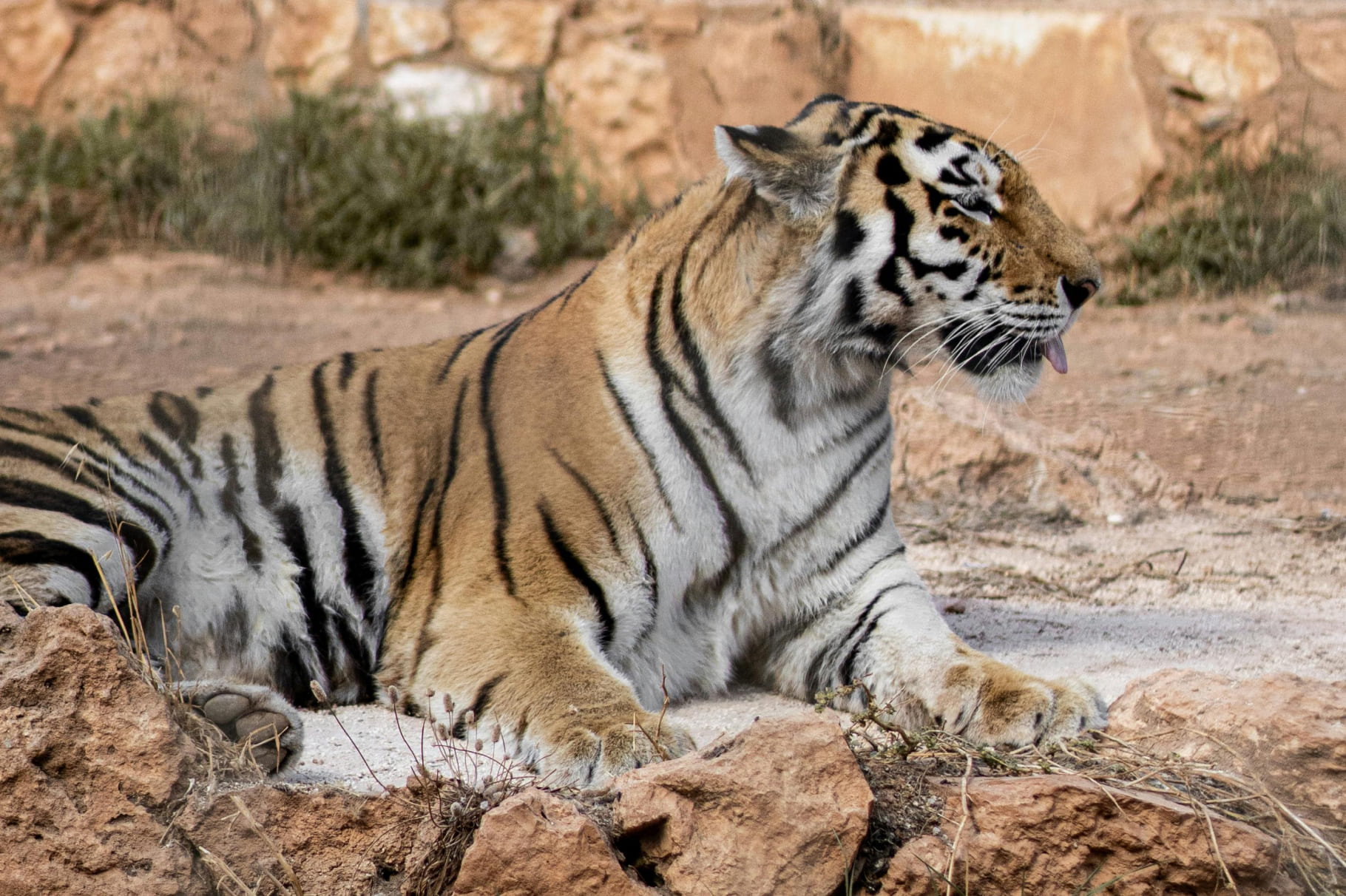
Zoos as Research Hubs: Advancing Scientific Knowledge of Animal Health and Behavior
Zoos are not only homes for animals; they are also research centers where scientists conduct studies that contribute to our understanding of animal health, genetics, and behavior. Research conducted in zoos is essential for conservation, as it provides insights that can be applied to wildlife management and species survival strategies. For instance, zoos study reproductive biology to improve breeding programs, helping endangered species maintain healthy populations. By examining reproductive cycles, scientists can determine the best conditions for mating and ensure that breeding efforts are successful.
Zoos also play a critical role in studying animal diseases, particularly zoonotic diseases—those that can be transmitted between animals and humans. Understanding these diseases is vital for protecting both animal and human health, especially as human-wildlife contact increases due to habitat loss and climate change. Veterinary teams in zoos collaborate with universities and research institutions, sharing data that helps prevent and treat diseases in wildlife populations. This collaborative approach highlights zoos’ contribution to global health initiatives, positioning them as vital players in the scientific community and as protectors of both wildlife and public health.